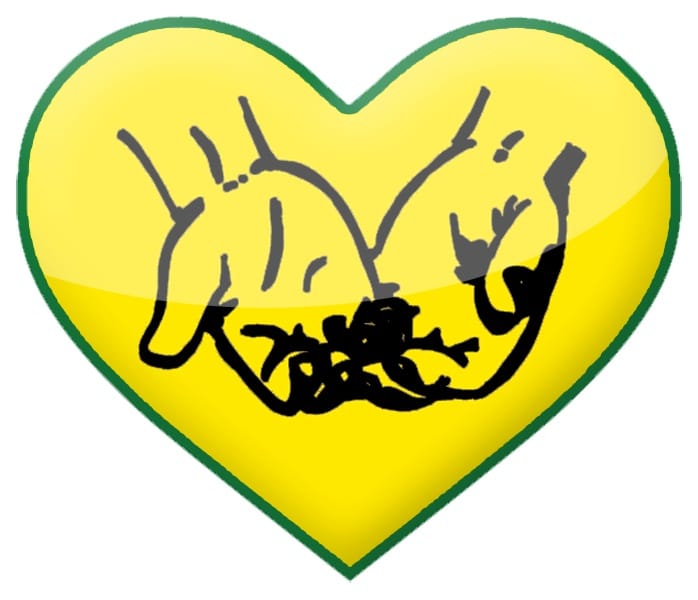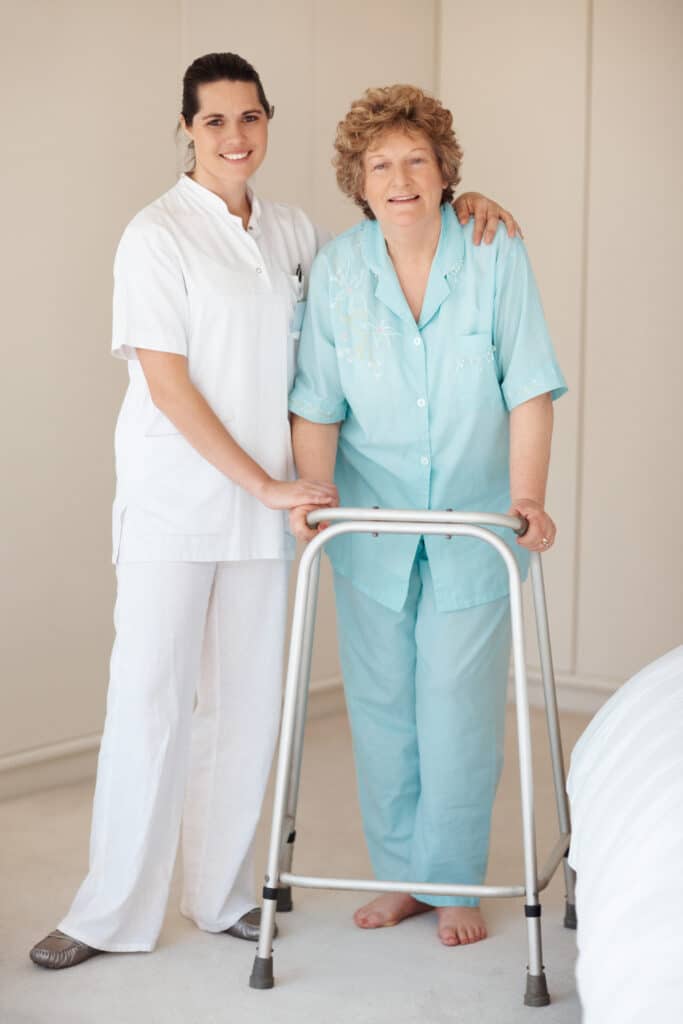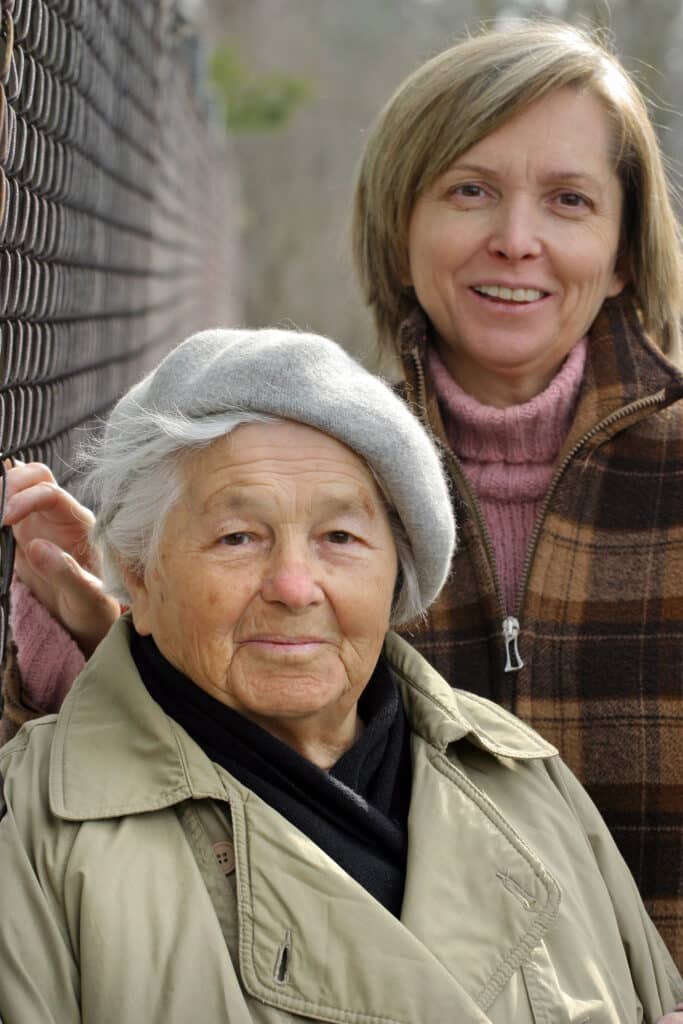Car accidents or even sports injuries can cause brain trauma that requires immediate medical attention. Depending on the type and severity of the injury, the effects can range from physical mobility to cognitive, memory, and behavioral functions.
When someone you love suffers a Traumatic Brain Injury, also known as an intracranial injury, it can be life-changing. Many times, doctors can’t predict the extent of the damage or if it’ll be long-term. You have to cope with the unknown and then adapt to your loved one’s needs once a prognosis and care plan can be determined.
People recovering at home from any type of Brain Injury or Trauma may need caregiving assistance for an extended period while undergoing rehabilitation and physical therapy.
NEUROLOGIC DISORDERS IN SENIORS AND ELDERLY
All Neurological Disorders require professional medical care but having an experienced home care provider assisting your loved one improves their quality of life.
The most common types of Neurologic Disorders are:
- Acute Spinal Cord Injury (SCI)
- Injury to the spinal cord is a common cause of permanent disability and can cause death.
- Alzheimer’s Disease
- Causes progressive memory loss, dementia, disorientation
- Amyotrophic Lateral Sclerosis (ALS)
- Also known as Lou Gehrig’s Disease, ALS is a fatal, progressive degeneration of nerve cells in the spinal cord and brain
- Aphasia
- The inability to understand or express speech
- Ataxia
- Loss of muscle control in arms and legs, leading to a lack of balance, coordination, and trouble walking
- Bell’s Palsy
- Damage to a facial nerve causing weakness or paralysis to the face. Also causes pain and discomfort to one side of the face and head.
- Brain Tumors
- Abnormal growth of tissue within the brain. Can cause pain, motor dysfunction, and possible personality and behavior changes
- Cerebral Aneurysm
- If unruptured, most brain aneurysms have no symptoms
- If ruptured symptoms may include:
- Headaches
- Eye pain
- Vision changes
- Diminished eye movement
- Epilepsy and Seizures
- A very common neurologic disorder that can usually be managed with medication. Seizures can be triggered by a high fever, low blood sugar, high blood sugar, alcohol or drug withdrawal, or a brain concussion
- Guillain-Barré Syndrome or Acute Inflammatory Demyelinating polyradiculoneuropathy (AIDP)
- The body’s immune system attacks the peripheral nervous system. Symptoms may start with weakness or tingling sensations in the legs and resulting in the inability to feel heat, pain, and other sensations
- Lumbar Disk Disease (Herniated Disk)
- A bulging, ruptured, or herniated disk that causes muscle spasms, pain and weakness in the lower back, and numbness in the legs and feet
- Meningitis
- An inflammation of the membranes encasing the brain and spinal cord. The inflammation is usually caused by infection of the fluid surrounding the brain and spinal cord
- Migraine Headaches
- Recurring, chronic headaches of a severely painful nature causing nausea, vomiting, or sensitivity to light
- Multiple Sclerosis (MS)
- A chronic and progressive disease of the central nervous system. Symptoms are different for each person
- Muscular Dystrophy (MD)
A genetic disorder that gradually weakens muscles. The child’s muscles break down. and are replaced with fatty tissue. Deformities of the joints can occur and walking and standing up become very difficult.
- Parkinson’s Disease
- Mostly affects people over age 65, Parkinson’s is a progressive, neurologic disease that causes deterioration of motor abilities, rigid limbs, tremors, shuffling, and a lack of balance
- Stroke Recovery
- A stroke is caused by an interruption of blood flow (oxygen) to the brain. This can cause partial paralysis, speech impediment, and difficulty eating.
- Tension Headaches
- Caused by stress and muscle tension, tension headaches are chronic and can occur every day






